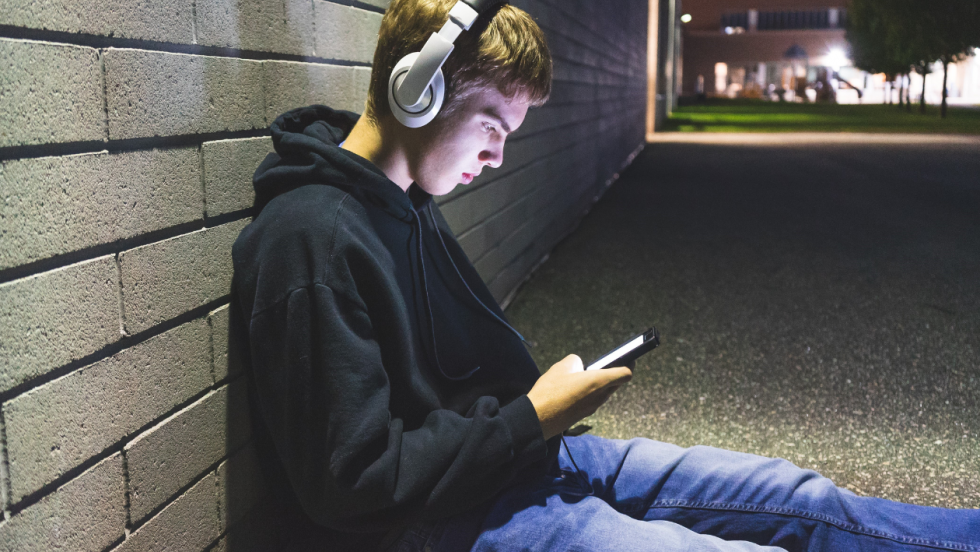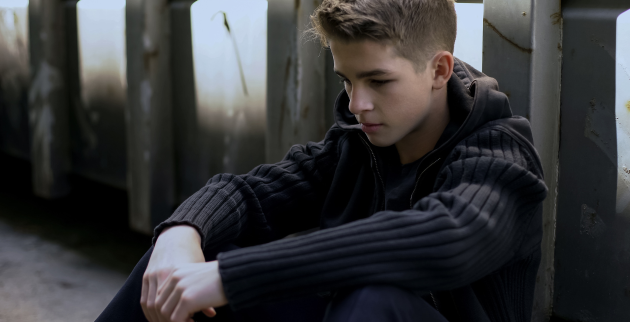Radicalisation

Social media, the news and websites are all places where young people can be exposed to information about radical groups and terrorism.
You may look out of curiosity, or because you want to find out the truth behind the news stories. But there are online radical and terrorist groups which want to recruit young people to their cause.
They use the same techniques as other online abusers. They:
- Lie and tell you not to trust anyone else
- Try and separate you from friends and family
- Make promises and tell you that you are special and unique
Anyone is potentially vulnerable to becoming radicalised. You need to know how to protect yourself and your friends.
Take action: Some people are so vulnerable to radicalisation that they can become radicalised just from reading or watching content online. Over time they return to the content again and again and slowly become obsessed with terrorist acts and violence. They may go on to plan or even commit acts of violence. If you have seen terrorist content online, you should report it right away so it can be taken down. Report online terrorist content.
If you are worried about something you have seen, you should talk to an adult you trust right away. If it is an emergency (for example, if someone has run away) you should call the police on 999 without delay.
You can also report concerns to 101 (the police non-emergency number) or make an anonymous report online. Don't worry about you or anyone else getting into trouble. Young people are always supported and helped to resist and recover.
Take Action: You can find out more about how Reports Save Lives from Action Counters Terrorism.
Look out for your friends
When people think about the impact of terrorism, they think about the bad things that terrorists have done, the bombings and other attacks.
But young people who become radicalised are also harming themselves. They drop out of school and work, lose friends and family, self harm, and put themselves in danger. They may run away from home, refuse contact and support from their friends, and become obsessed with violence, death, politics, or religion. Those who go on to plan to deliberately hurt others risk injury, arrest and death.
Take Action: Worried about extremism in a school or group, or think a friend might be at risk? Call the police confidentially on 0800 789 321, or complete the secure form at gov.uk/act. You can also tell any adult at your school, or phone 101 to talk to your local police. You should always call 999 in an emergency.
Safeguarding vulnerable people from extremism
Organisations in Oxfordshire work in partnership to help prevent people from being drawn into extremism.
This includes providing training, information and support to schools, engaging with communities and directly supporting vulnerable people.
Instant expert: Find out more about safeguarding vulnerable people from extremism on the Oxfordshire County Council Website.
Helping family and friends
Sometimes you might be worried about friends or family or just want to find out more about radicalisation. There is support and information about radicalisation on Educate Against Hate.

